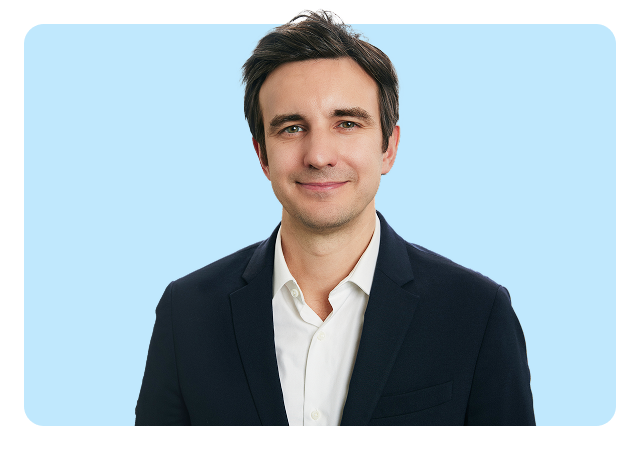After five years of waiting, the 16th European Nations Football Championship, also known as “Euro 2020,” is in full swing, as the round of top 16 continues today. This year, the tournament is making history, as for the first time ever, it is being played in eleven countries.
Euro 2020 broadcasting rights
UEFA, which organises the competition, is also the owner and seller of TV rights. The final amount UEFA secured has not yet been disclosed, but estimates are that this tournament will bring in less than the €1.02 billion collected in 2016. The reason for the decline is the negative impact the global Covid-19 pandemic has had on television rights sales.
What is certain is that UEFA will donate €371 million to the 24 participating countries, meaning that each national team will receive €9.25 million, plus performance bonuses.
Euro 2020 sponsors
On the sponsorship side, several major brands are competing fiercely, and none more than sports equipment manufacturers. Nike and Adidas, perhaps the most recognisable global sports brands, are sponsoring nine and eight teams, respectively, followed by Puma which only has four teams carrying its insignia.
On the partners’ side, Volkswagen is one of the main sponsors of the competition, signing agreements with six teams. Other official partners of the tourney include Just Eat, Heineken and Coca-Cola.
Before the top 16: Bottle wars
We are now in the knockout phase of the tournament, in which the best 16 teams are facing each other. However, from a business standpoint, the fiercest action took place at the very beginning of the competition. In a press conference, Portuguese superstar, Cristiano Ronaldo, removed two bottles of Coca-Cola from the table, and asked for water. The Coca-Cola stock fell 1.34% the next day, causing a loss of $3.2 billion. However, while initially attributed to Ronaldo’s actions, a closer examination shows that the stock price was down even before the press conference had even started. If anything the share price went up after the press conference.
Similarly, French star Paul Pogba also removed a bottle of Heineken at a press conference, and the Dutch brewer’s stock rose 1.4% the next day.
The financial impact of Euro 2020
Regarding the financial sectors that may benefit from Euro 2020, there are several clear choices: sports equipment manufacturers, which are taking advantage of the competition to significantly increase their sales of jerseys or equipment, and breweries, which are expected to see an increase in sales, as the beverage is a popular choice among football viewers.
However, other industries may also benefit from the tournament, including media and entertainment and even technology infrastructure companies, which support the streaming of the games over a variety of platforms, networks and mobile devices.
This communication is for information and education purposes only and should not be taken as investment advice, a personal recommendation, or an offer of, or solicitation to buy or sell, any financial instruments. This material has been prepared without taking into account any particular recipient’s investment objectives or financial situation, and has not been prepared in accordance with the legal and regulatory requirements to promote independent research. Any references to past or future performance of a financial instrument, index or a packaged investment product are not, and should not be taken as, a reliable indicator of future results. eToro makes no representation and assumes no liability as to the accuracy or completeness of the content of this publication.

